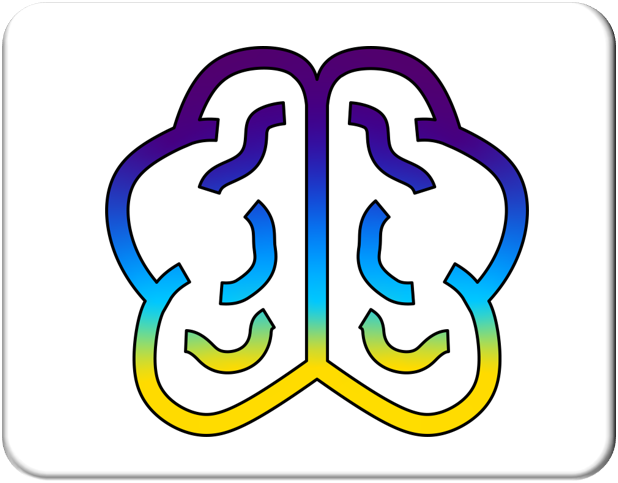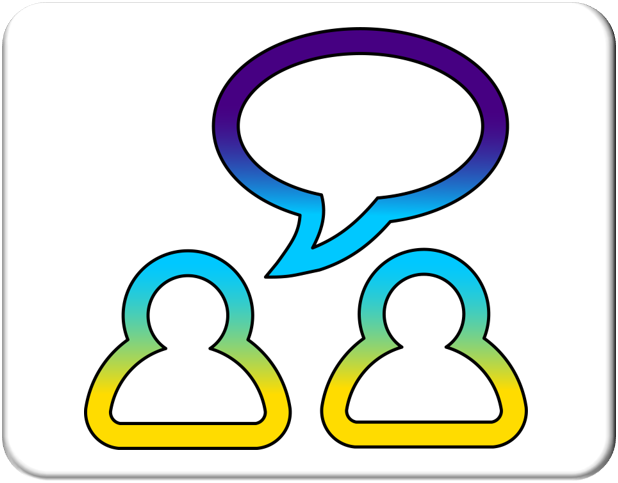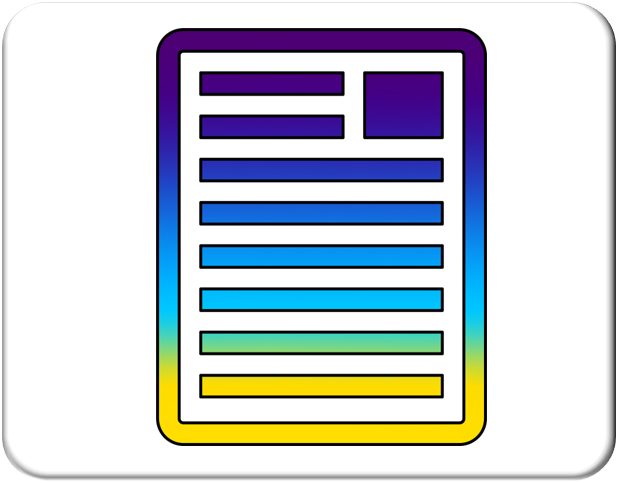May 17th is IDAHOBIT, International Day Against Homophobia, Biphobia, Interphobia and Transphobia.
This is not only a day to celebrate queer people, but to actively point out and resist issues of homophobia, biphobia, interphobia and transphobia. It feels some of these forms of hate have been on the rise lately, and for many of us who have been trapped in homes with hateful and prejudiced people over lockdown.
When we're experiencing hate, or feel like we can’t help those who are experiencing it, we can end up feeling really powerless. It’s hard to remain resilient and hopeful when you feel like you can’t do anything to make a positive change in the world.
When we feel lonely and isolated from one another, trapped with no control over our circumstances, it’s no wonder we end up feeling down, anxious or a chaotic mix of the two.
But you are not powerless! Because that’s not how power works.
We like to think of power like a mountain. There are those who sit on the very top with all the power, who claim to be kings and queens of the mountain. They own the mountain, and they control everything to do with it. And then there are those on the ground, with no power or control at all, and with no other option but to do what those on top of the mountain say. Getting to the top yourself can seem impossible, and the climb to get there can be full of hardships and barriers.
But this isn’t how power really works.
Power could be seen more like a lake. Everyone can get to the water, but some can get to it more often and more easily. Some people can’t swim, and only paddle their toes on the shore. Some own boats, and can get to the middle of the lake no problem. But no one owns the lake. And everyone can have some water.
From there, it’s about how you use the water you get. Do you use it to enjoy yourself? Do you keep to yourself and ignore anyone else? Do you use it to teach others how to swim? Or do you take advantage of those who can't to keep yourself afloat?
In this metaphor, no one has power, they use power. No one owns the lake, they use it. And you can use power too. The question is how do you want to use it?
Some are using power to harm LGBTQ+ people. They try to control us, or limit us, or hurt us. But there are many ways that we can use power to help LGBTQ+ people, and resist those who would want to harm us.
Here are four key things you can do to use your power for good:
Relationships
You are a part of a beautiful LGBTQ+ community. It’s certainly not perfect, but there are always people who will fight for you and support you.
Build relationships with other LGBTQ+ people to build resilience, to have back-up when you need it, and to feel affirmed and valued by like-minded people. And then, if you are strong enough, try to build relationships with people who might not understand your LGBTQ+ identity yet.
Don’t put yourself in harm’s way by entertaining outright hateful people. You have the power to refuse a relationship with hateful people. You also have the power to refuse to reject those who do not understand you, but are willing to learn.
You choose who you put your energy into, and how you spend that energy.
Knowledge
It is an incredible act of resistance to not only try to educate others, but to help create new ways of thinking about the world.
You have the power to be a part of a movement of knowledge-creators, subverting hetero and cis-centred ways of thinking in order to help make the world more LGBTQ-friendly.
This isn’t just about teaching people with words, it’s also about demonstrating new ways of being with your behaviour and expression. And if you can’t be the change you want to see in the world, perhaps use your social media to promote those who do.
Engage
A lot of adults don’t expect young people to pay attention to what is going on in the wider world, or be engaged in politics or decision making processes. Prove them wrong!
Listen to what is being done and said, and call out leaders when they make harmful decisions. You might not be the one making the decisions, but there is power in holding others accountable and refusing to participate in harmful actions.
Organise
If you aren’t happy with the way people are being treated, with particular rules or laws, or with any other social issues - protest!
Organise with your peers a planned and thought-out process for making your criticisms heard. We often think of protesting as picketing in the streets, but this form of activism isn’t always available (during lockdown for example). There are other options though. Write a petition, co-sign a letter to your MP, start a social media campaign, hang posters all over your neighbourhood.
Make some noise, however you can.
You are not powerless, and there is hope.






